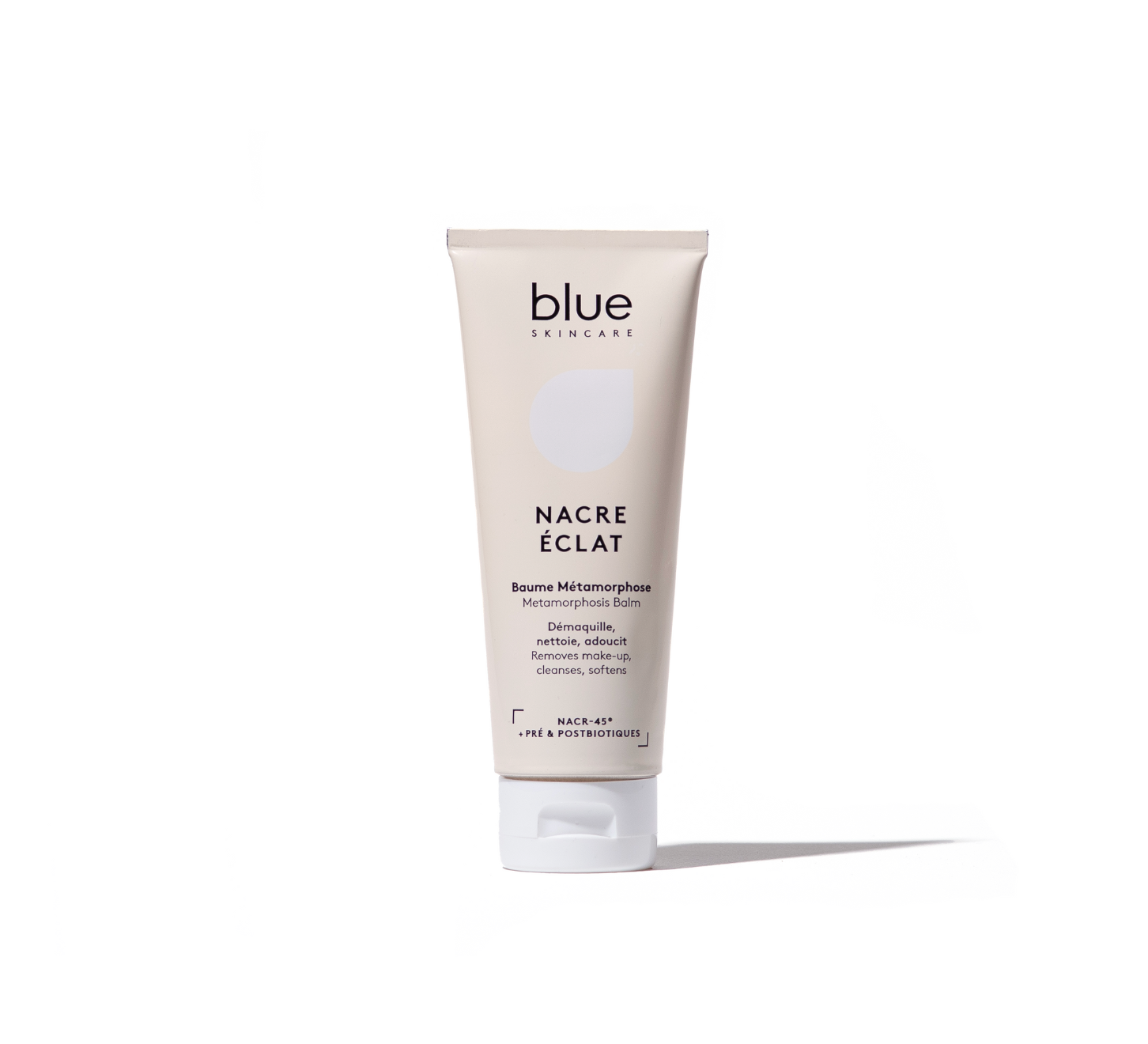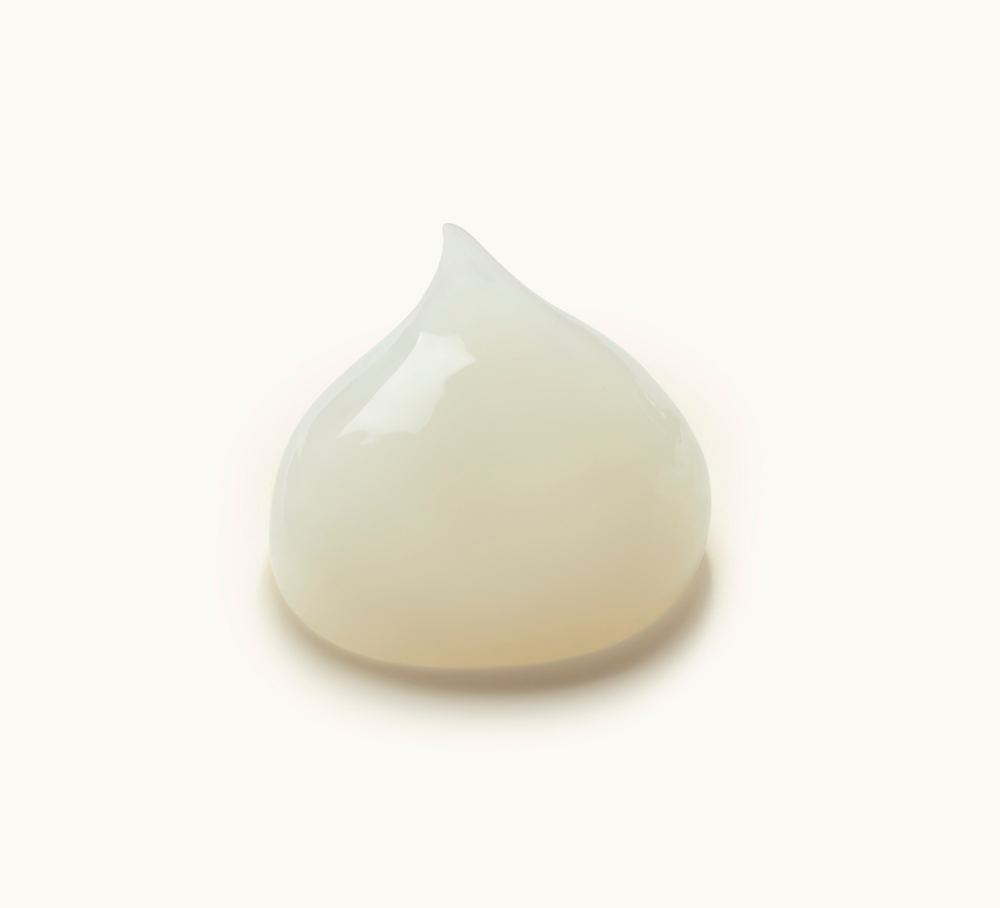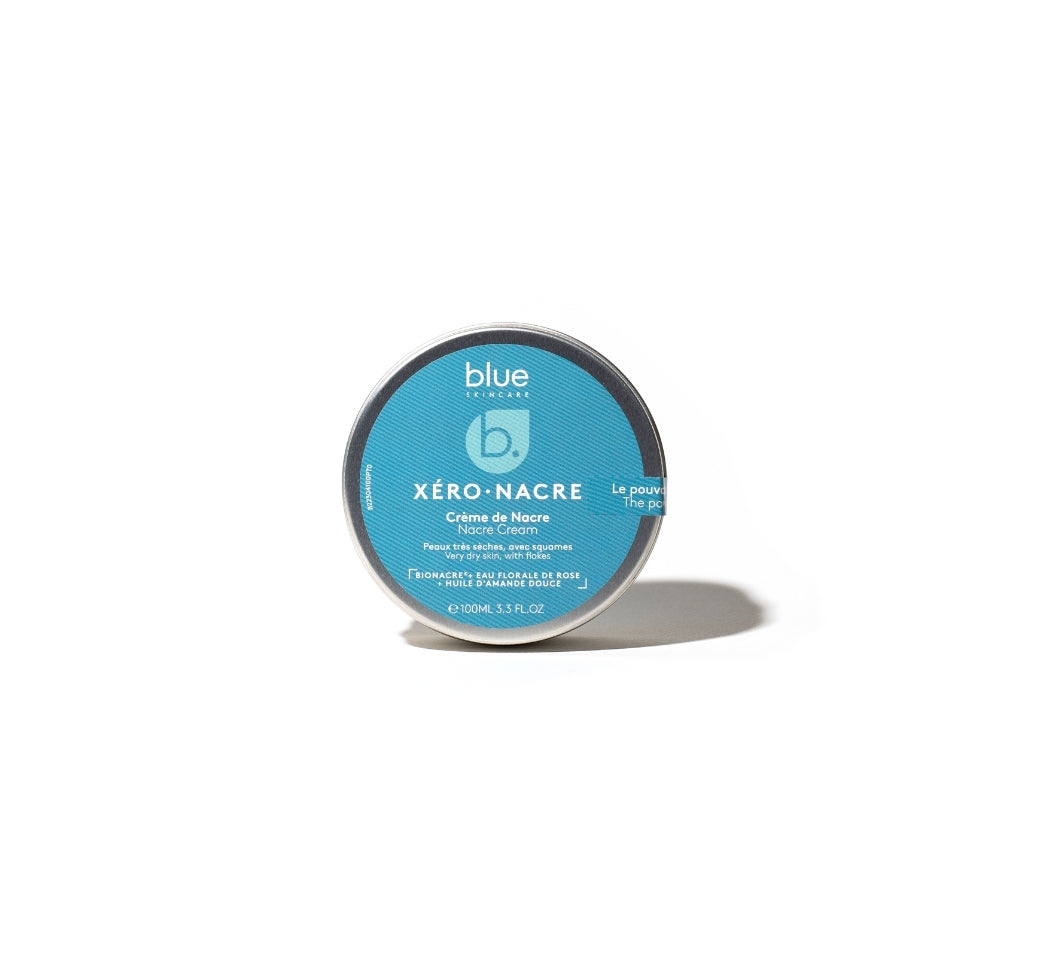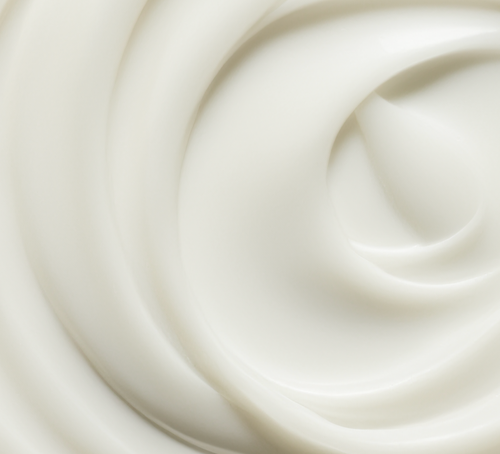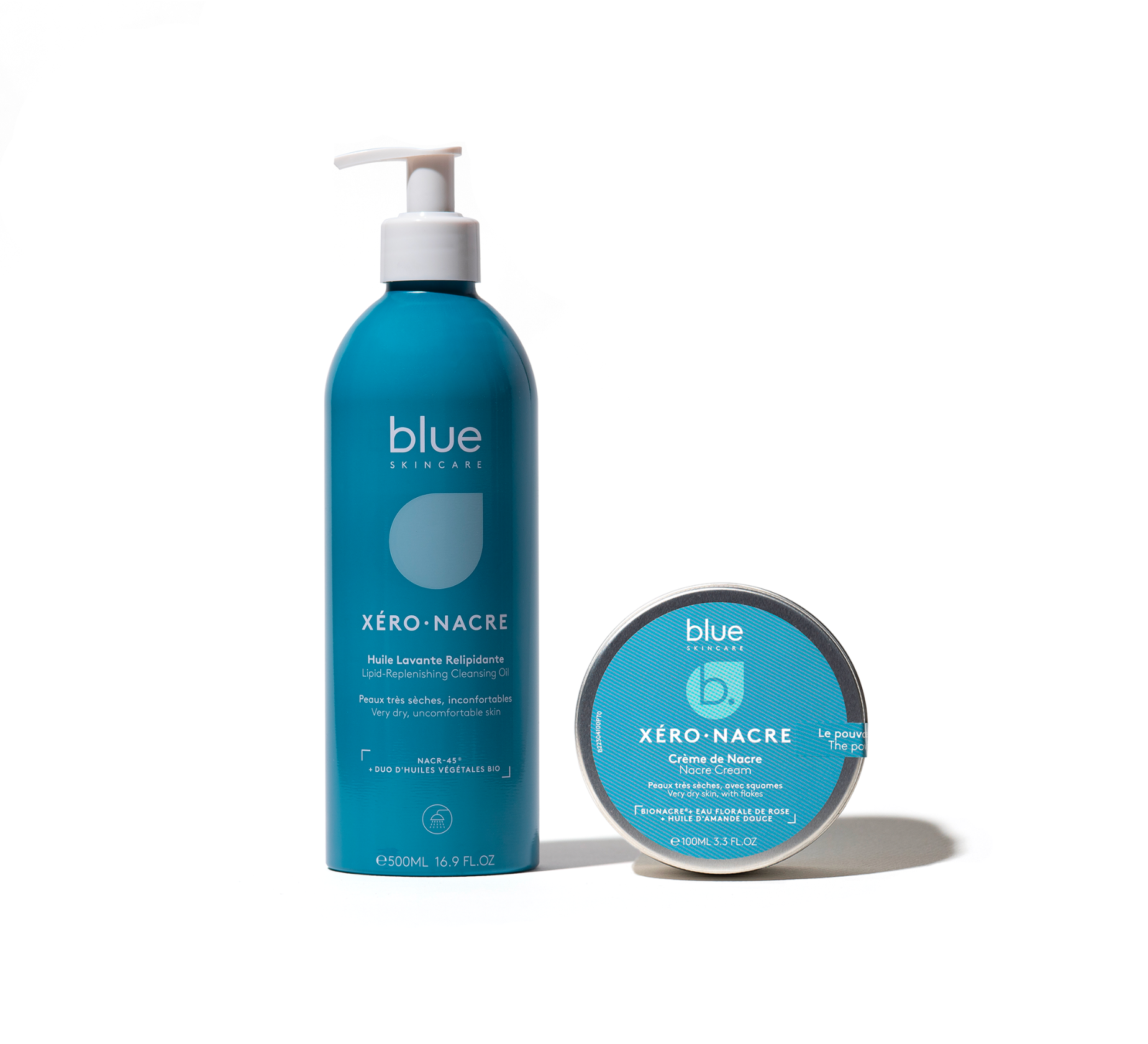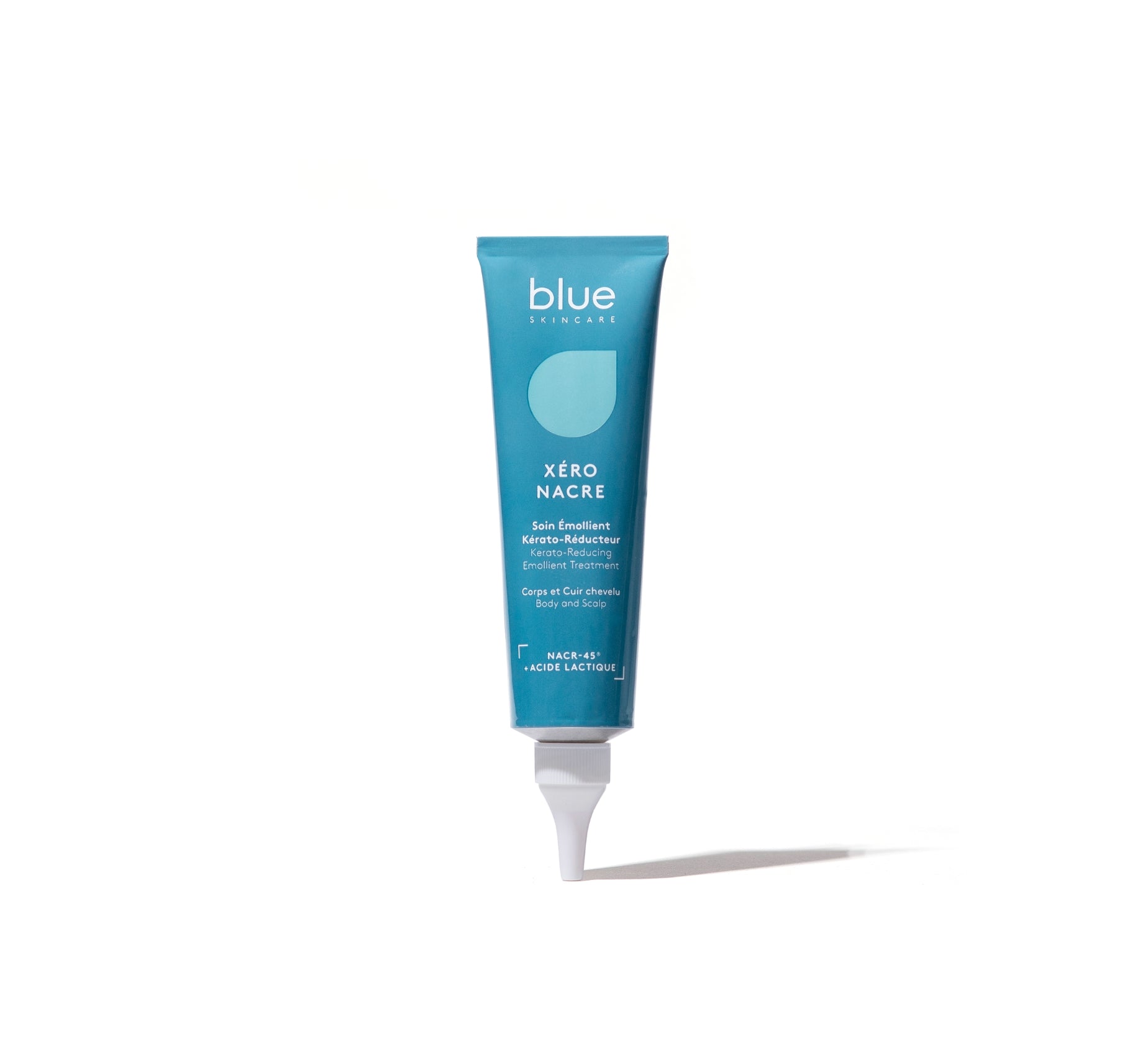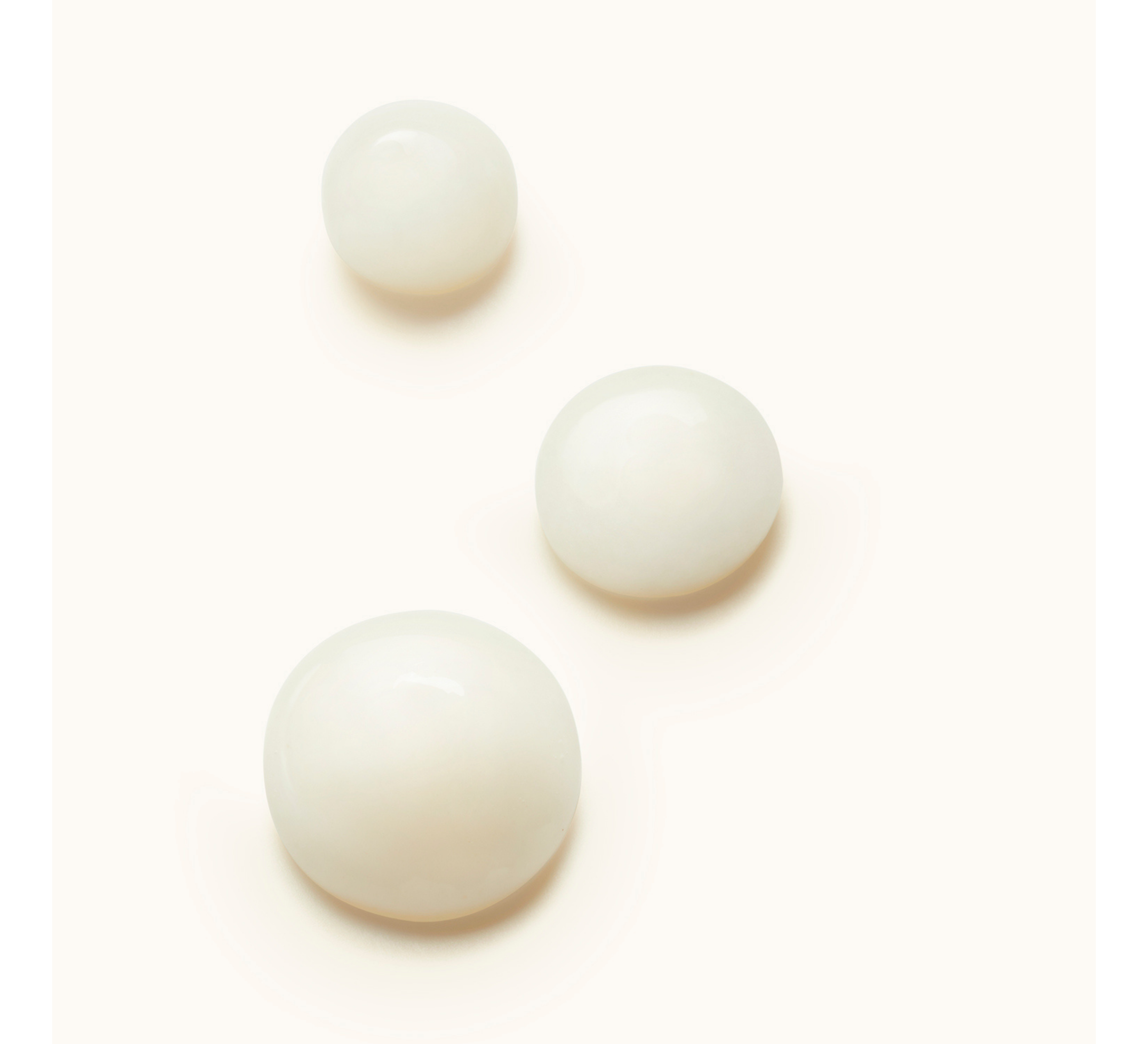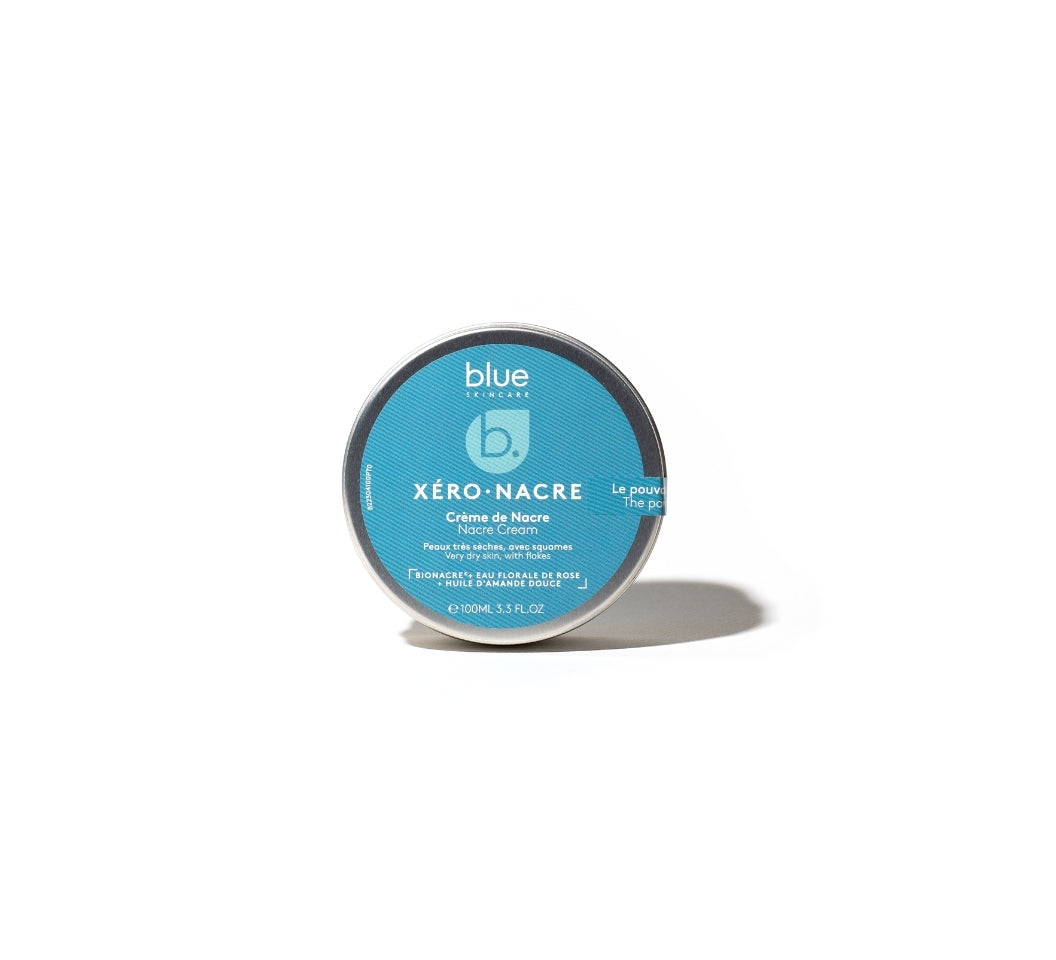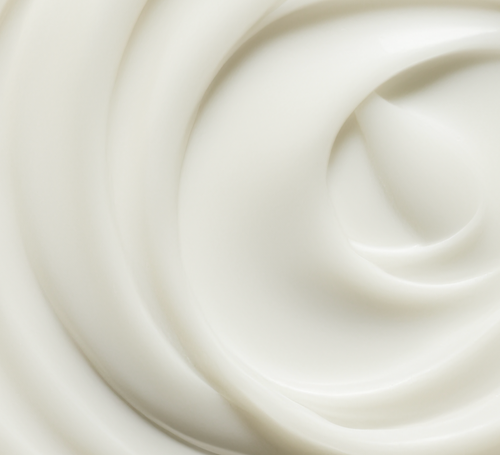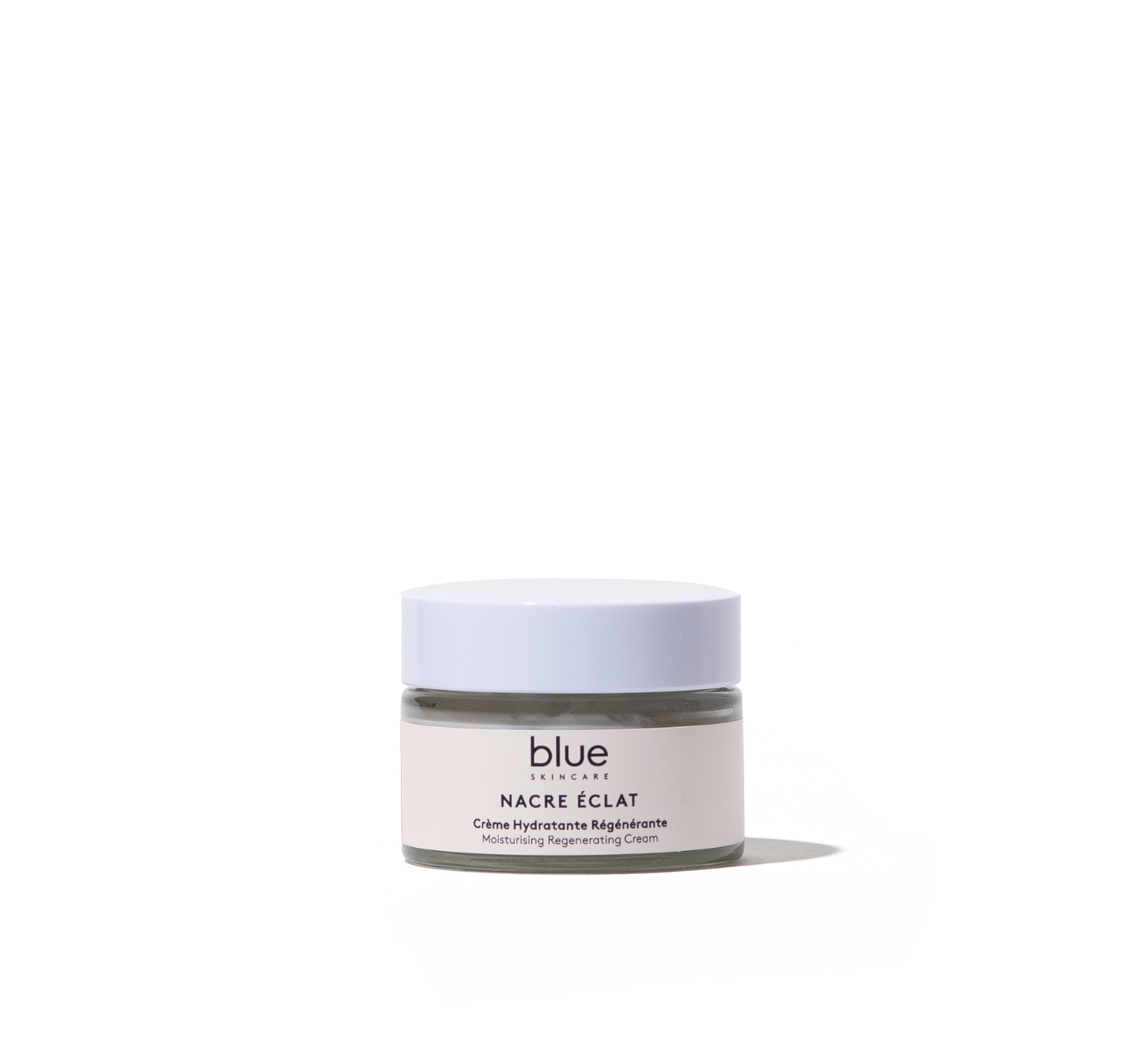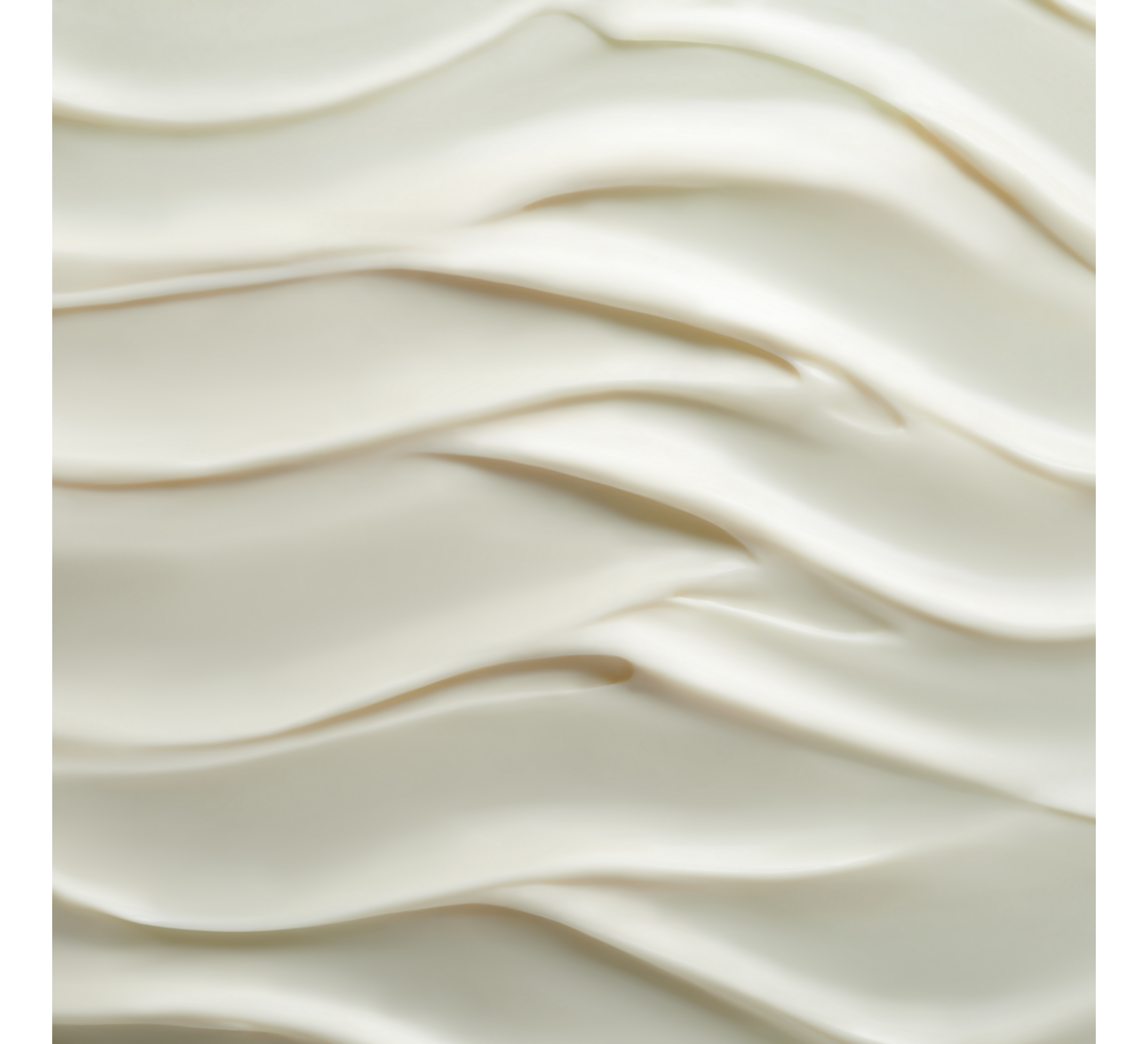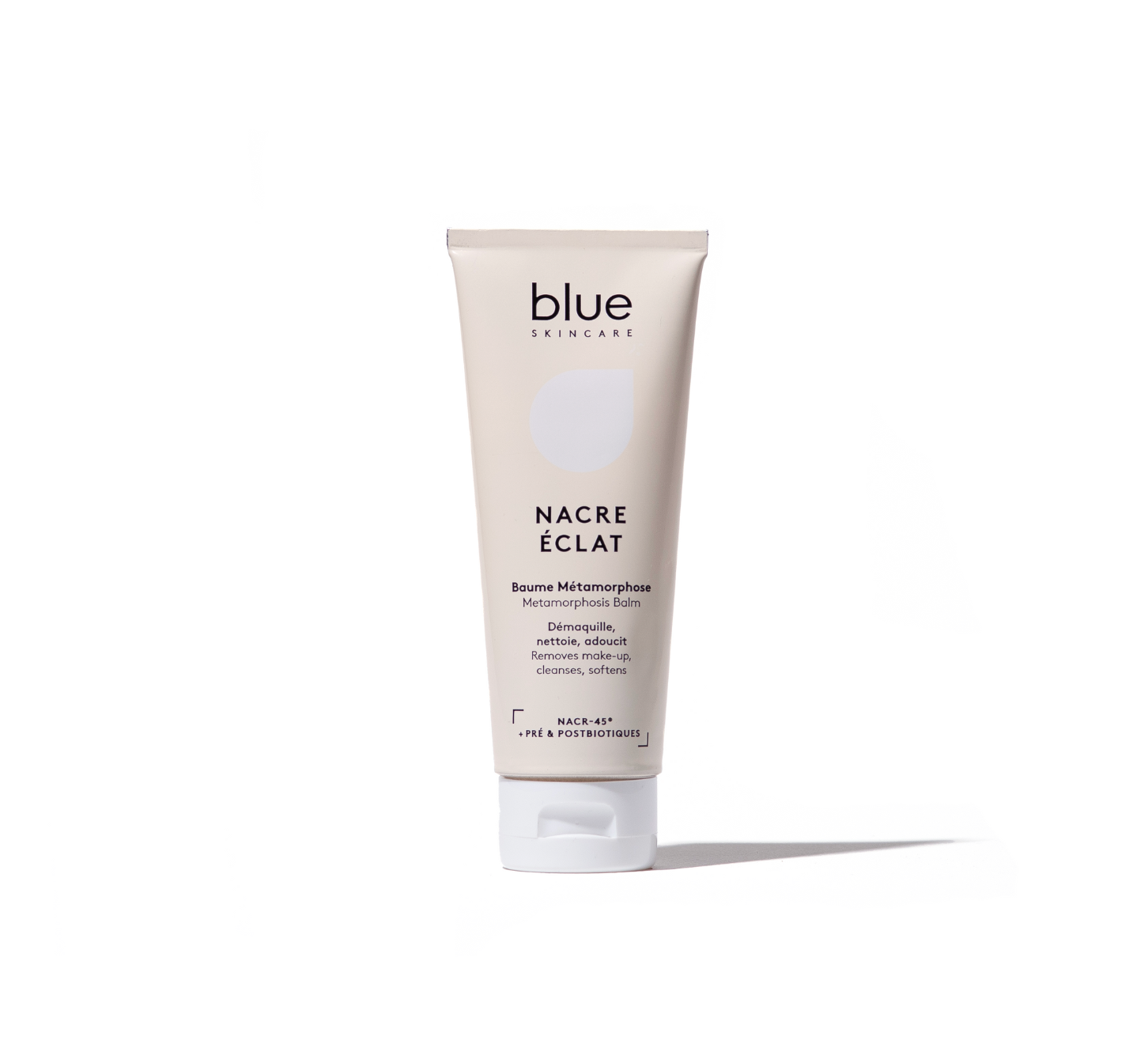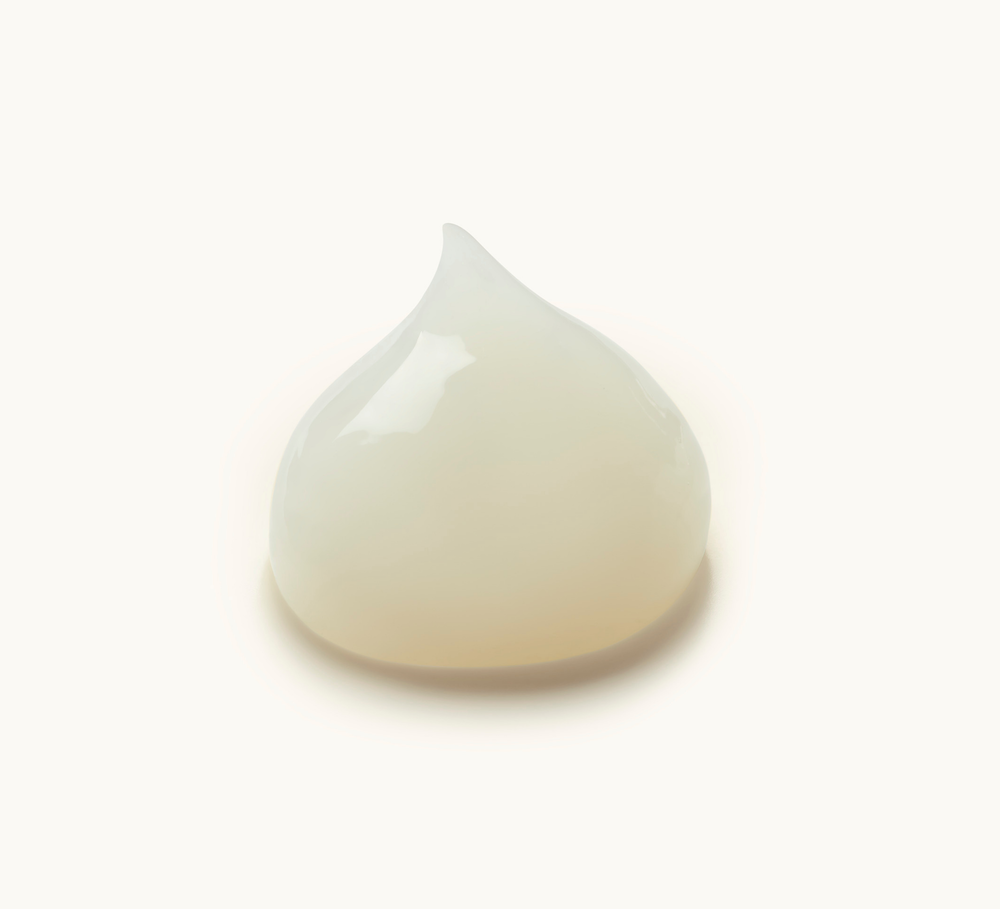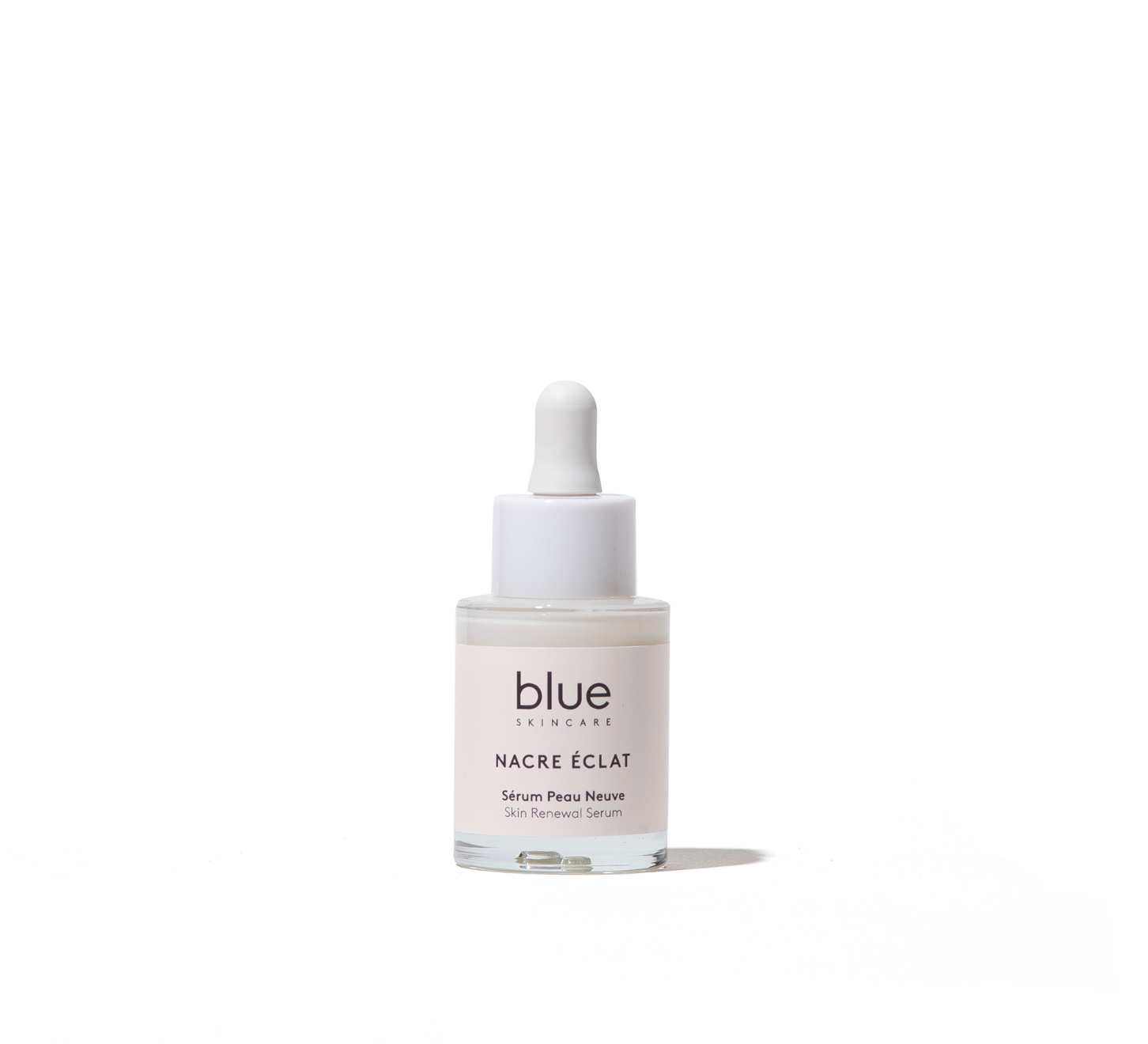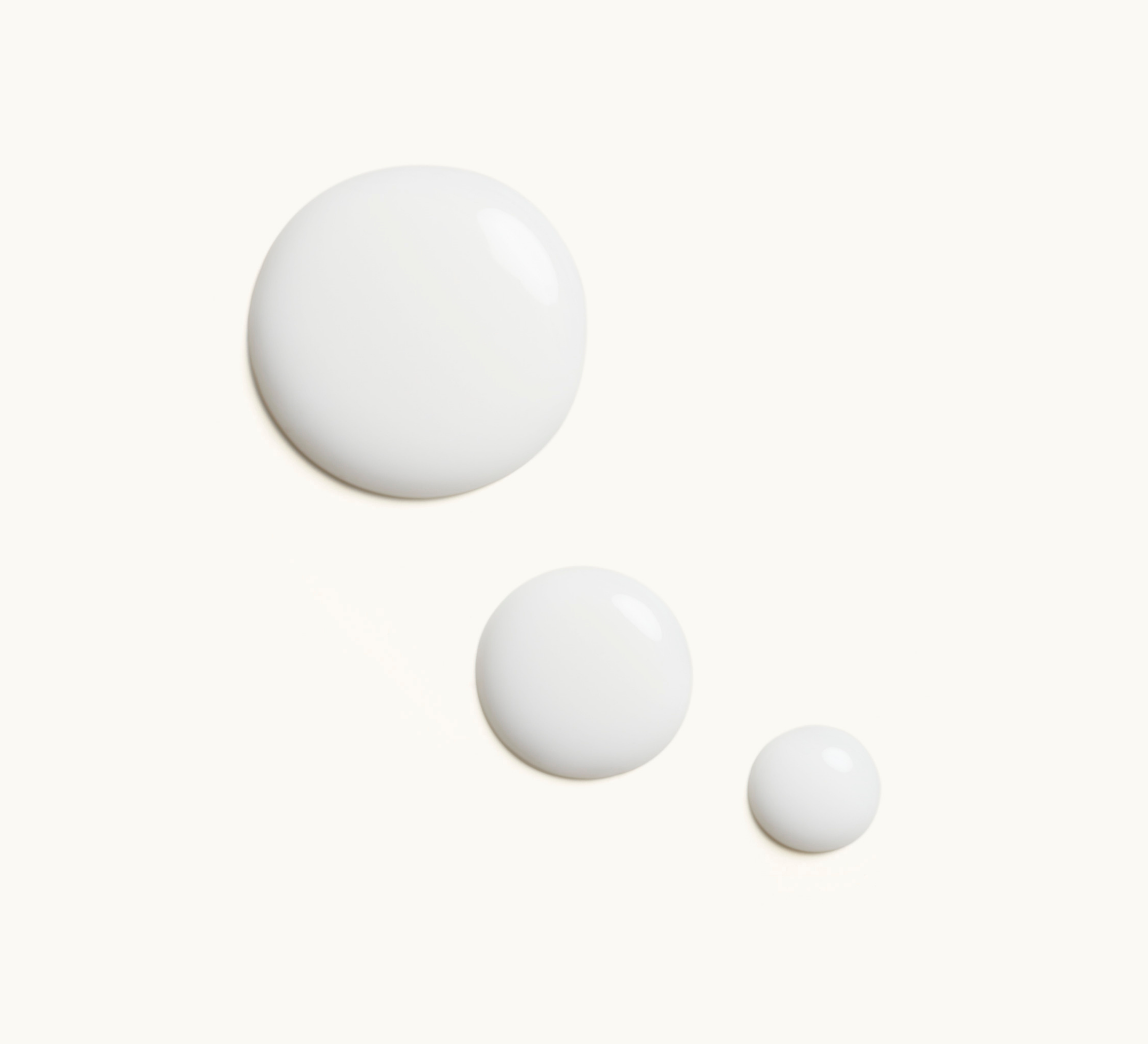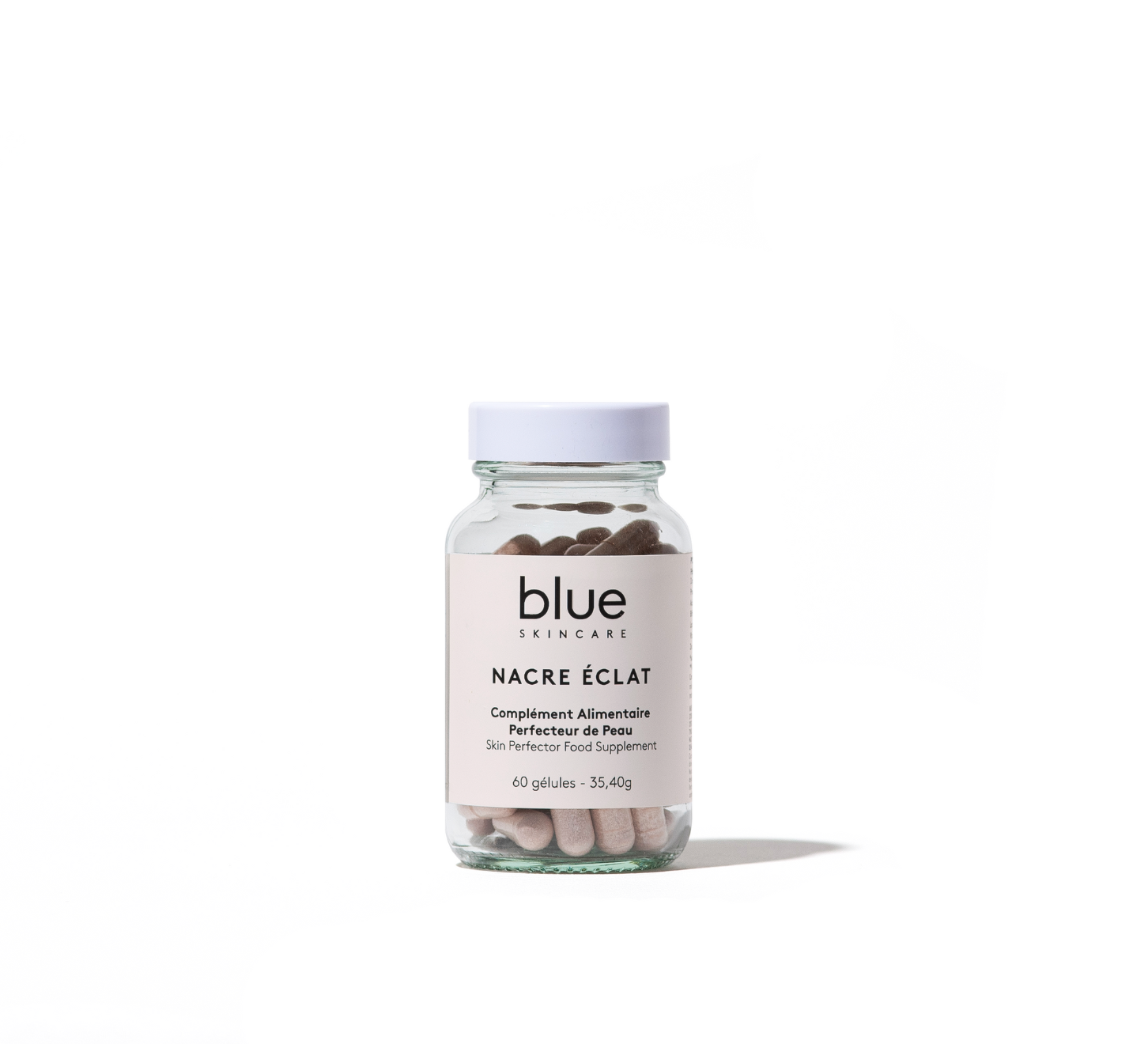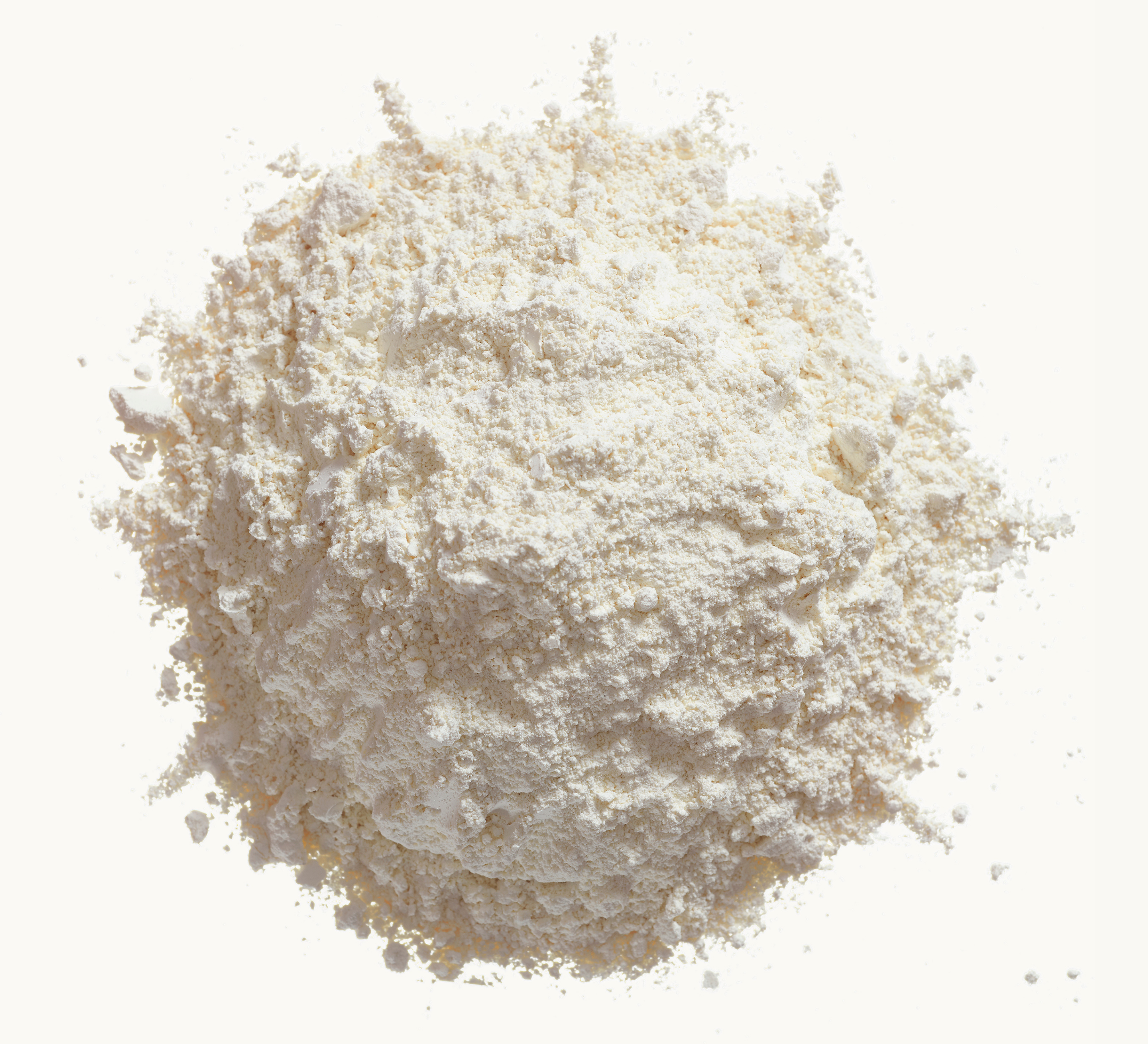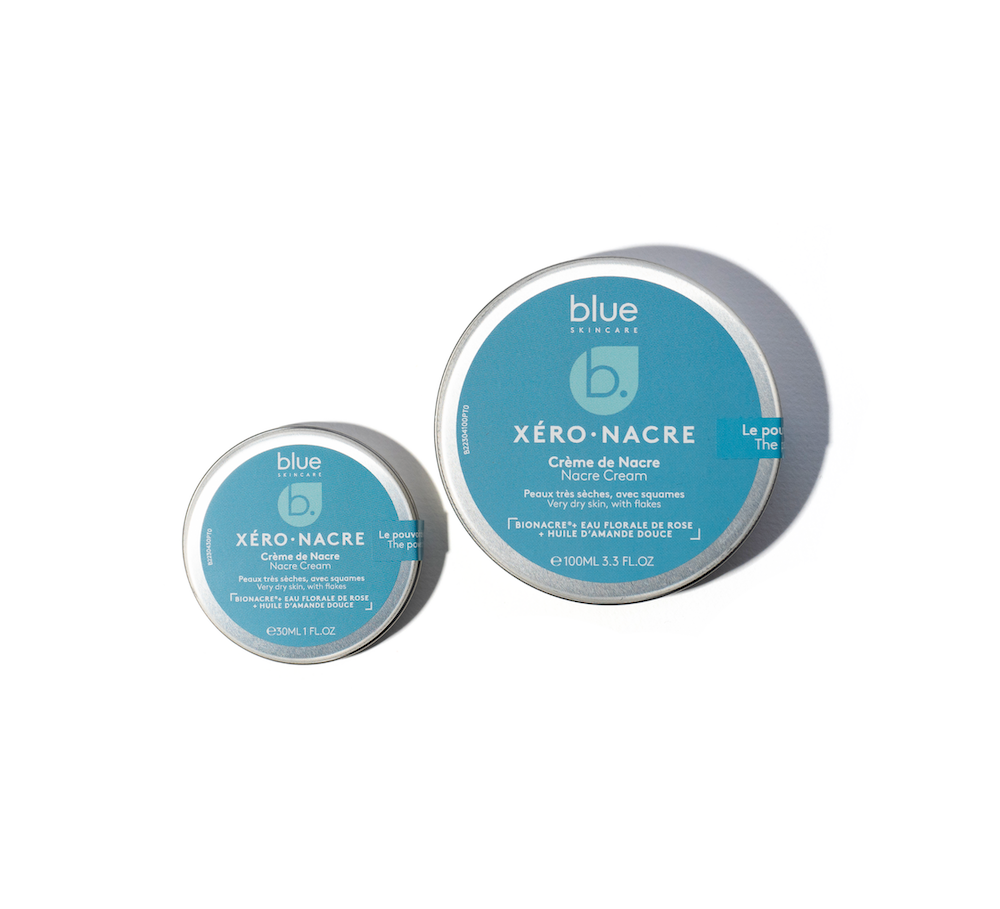Linked to chronic inflammation of the skin, psoriasis manifests itself through more or less extensive and swollen plaques, completely red or topped with a thick whitish layer, the scales.
If you're one of the 3% of the world's population affected by this disease, you're probably aware that there's no definitive cure. However, with the right topical treatment, it's possible to sustainably reduce the symptoms associated with psoriasis and restore comfortable skin.
What are the symptoms of psoriasis?
While the symptoms of psoriasis vary from patient to patient, there are certain signs that are characteristic of this condition:
-
Red, scaly patches : Psoriasis commonly appears as raised, red patches covered with silvery scales. These patches can be itchy and, in some cases, painful;
-
Dryness and cracked skin : The skin in the affected areas often becomes extremely dry and may even crack, causing pain. These cracks are particularly common in areas subject to friction, such as the elbows, knees, and sometimes the face.
-
Persistent itching : Itching, although not systematic, is a common feature of psoriasis and can sometimes be particularly intense;
-
Nail changes : The nails of people with psoriasis may show changes, such as small holes or partial peeling;
-
Thickening of the skin : Affected areas may become thicker and rougher.
Good to know: Symptoms can be intermittent , with periods of flare-ups followed by remissions. Psoriasis management therefore relies on careful observation of triggers and the results of treatments.
How to distinguish psoriasis from eczema?
To differentiate between psoriasis and eczema , first look at the appearance of the lesions. While psoriasis usually presents as well-defined, red patches covered with silvery scales, eczema causes more diffuse lesions , often drier and more irritated, without visible scales.
While psoriasis commonly affects the scalp, elbows, knees, and lower back, eczema develops locally in the flexural areas . Furthermore, psoriasis is particularly sensitive to changes in temperature, especially dry cold, while eczema can be triggered by allergens or irritants such as certain chemicals or rough fabrics.
How to get diagnosed with psoriasis?
If you suspect you have psoriasis, you should have your skin lesions examined by a dermatologist . Psoriasis plaques, which are often clearly visible and characterized by their scaly appearance, are usually easy to identify. Your doctor will also take a family and medical history to examine possible triggers for flare-ups. In some cases, a biopsy may be performed to confirm the diagnosis and rule out other skin diseases.
The different types of psoriasis
Plaque psoriasis
This is the most common form of psoriasis , characterized by raised, red patches covered with silvery scales. This type of psoriasis can affect large areas of skin and is often associated with intense itching.
Scalp psoriasis
On the scalp, you may notice scaly patches . These can be small or cover the entire scalp. This form of psoriasis can cause itching and even temporary hair loss during severe outbreaks.
Inverse psoriasis
Inverse psoriasis develops in areas of the skin where there are folds, such as under the arms, in the groin, or around the genitals. The patches are smooth, red, and shiny, with no visible scales. This type of psoriasis is often exacerbated by sweating and friction .
Guttate psoriasis
Guttate psoriasis appears , as its name suggests, as small plaques, often the size of a drop of water, particularly visible on the trunk, arms and legs. It occurs mainly in children and young adults, after a viral infection , such as tonsillitis.
Pustular psoriasis
The rarest form, pustular psoriasis is characterized by the appearance of white pustules surrounded by red, inflamed skin . This form of psoriasis is often more severe and may require more extensive medical care.
How to relieve the symptoms of plaque and scalp psoriasis?
Learning to manage your psoriasis and its associated symptoms is essential to limiting the burden of the disease on a daily basis. The Xero.Nacre range from Blue Skincare combines psoriasis creams with 99% natural ingredients rigorously selected to nourish, soothe and protect the most sensitive skin. Our mission? To improve and lastingly relieve the discomfort of dry to very dry skin prone to psoriasis.
In the morning or evening, gently wash your body with the lipid-replenishing cleansing oil . Carefully formulated, it respects the hydrolipidic film and the skin microbiota of your fragile skin, nourishes the epidermis and calms itching sensations. On rough areas of the scalp and body, continue the routine by applying the kerato-reducing emollient treatment. Its refreshing texture not only effectively eliminates scaly patches, roughness and dandruff, it also limits their reappearance.
Finally, because hydration is key, apply Xero.Nacre cream , an ointment rich in soothing and anti-inflammatory active ingredients, to relieve itching and restore your skin's hydration.
What are the natural causes of psoriasis?
Avoid skin friction
Excessive friction , due to tight clothing or repetitive movements, can trigger or worsen psoriasis flare-ups, particularly in areas where the skin is already weakened.
Exposure to a dry and cold climate
Did you know that dry and cold environments are common triggers for psoriasis? There's a simple explanation: dry air strips the skin of its natural moisture, exacerbating flaking and inflammation.
Infection
Psoriasis is a chronic, inflammatory, autoimmune disease, meaning the immune system mistakenly attacks skin cells. After an infection or injury, the immune system's repair process becomes disrupted, which can lead to excessive skin cell production at a rate that prevents the natural elimination of dead cells: psoriasis plaques then appear.
FAQ: Psoriasis Symptoms
Is psoriasis contagious?
Rest assured, psoriasis is not contagious. It cannot be transmitted from one person to another through direct or indirect contact.
Does psoriasis always cause itching?
Itching is common, but not always. While some people experience intense itching, others may not experience it. It depends on the severity and type of psoriasis.
